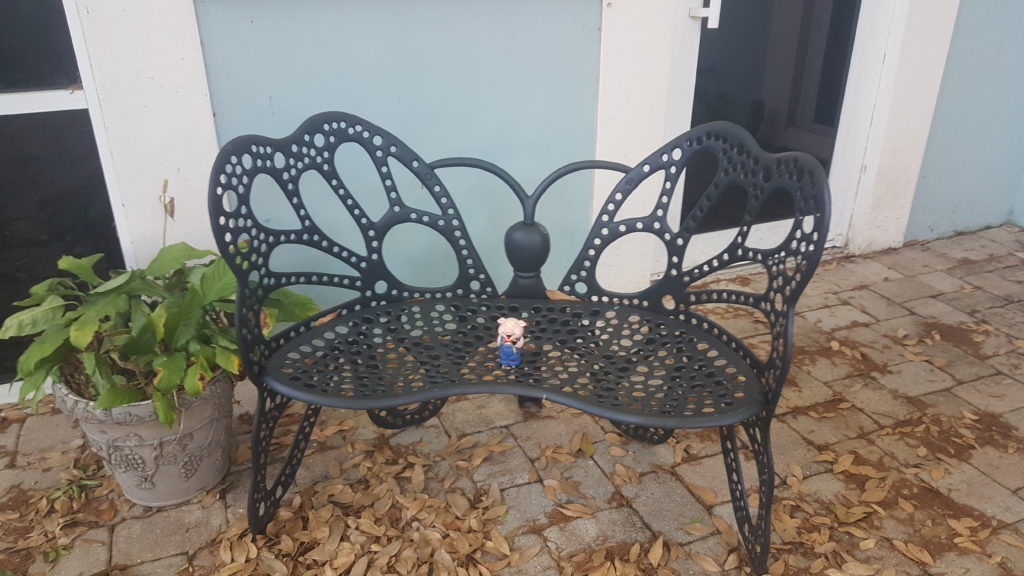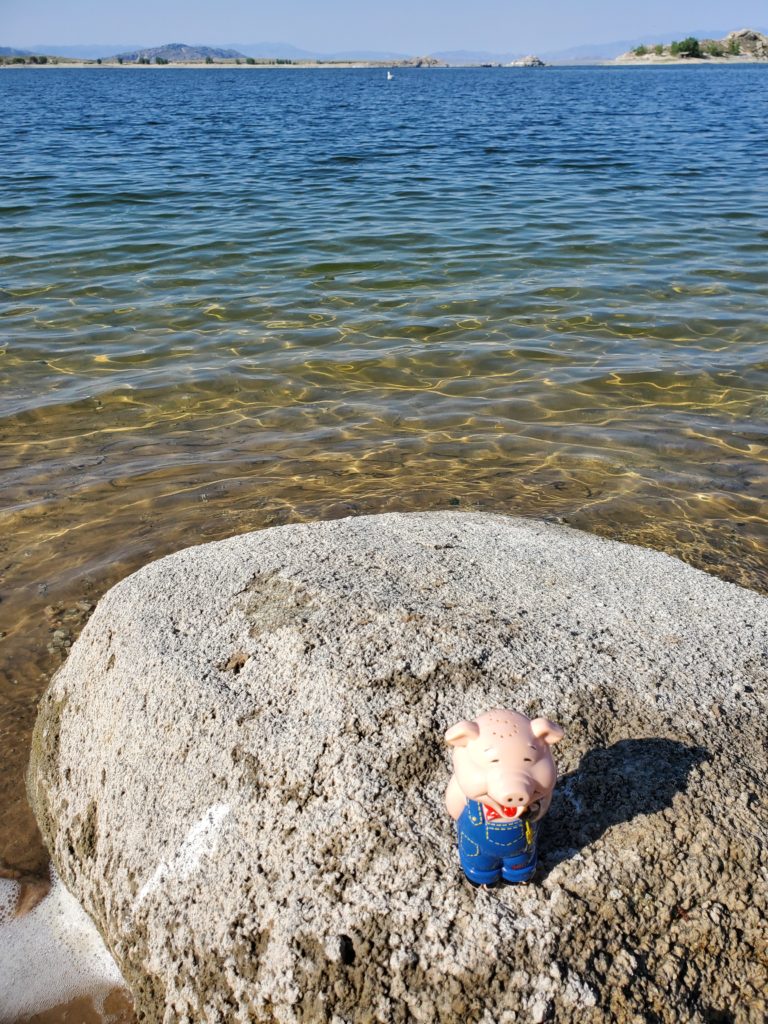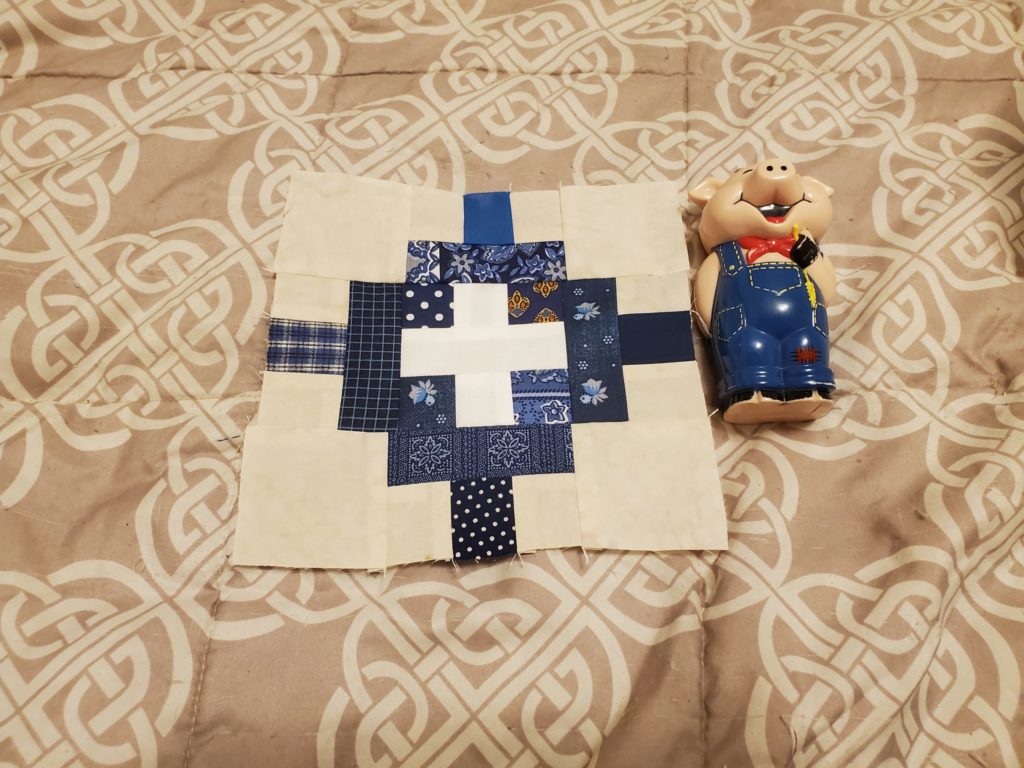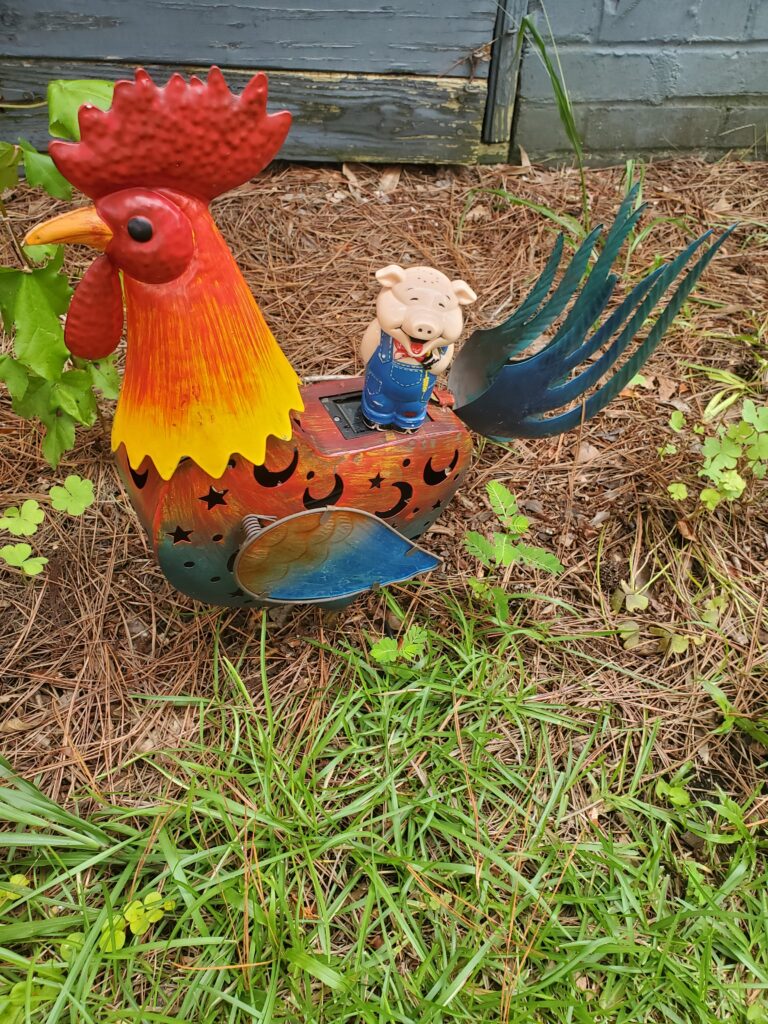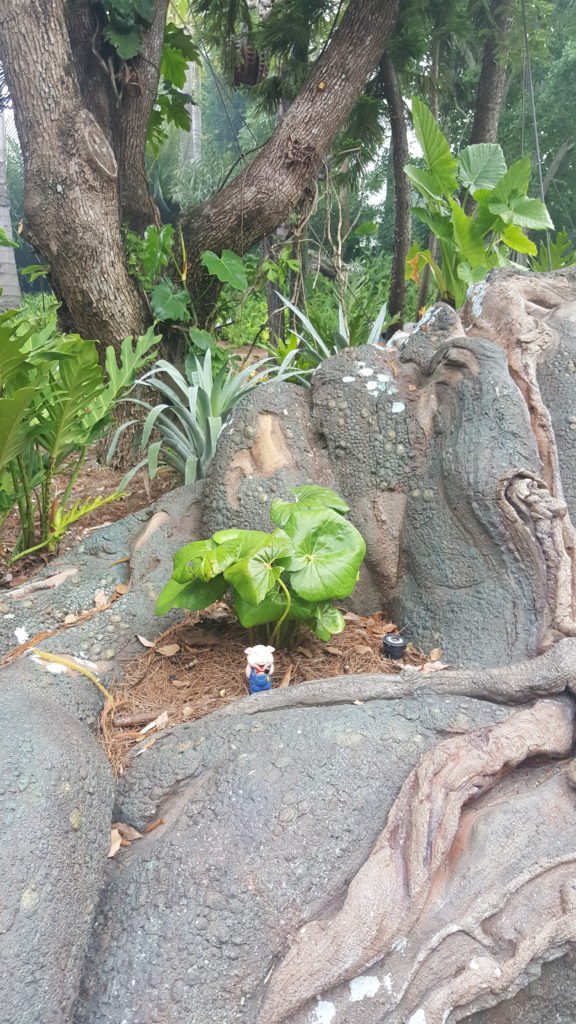
Prodigal: I still have a ways to go.
Me: One step at a time.
This is from the book God’s Psychiatry by Charles L. Allen
There is a good story of four men who climbed a mountain. The first complained that his feet hurt. The second had a greedy eye and kept wishing for each house and farm he could see. The third saw clouds and was worried for fear that it might rain. But the fourth fixed his eyes on the marvelous view. In looking away from himself and from the valley below, the little worries which made the others so unhappy were unnoticed.
Woe to them that go down to Egypt for help; and stay on horses, and trust in chariots, because they are many; and in horsemen, because they are very strong; but they look not unto the Holy One of Israel, neither seek the LORD! Isaiah 31:1 (KJV)
Jennifer Van Allen
www.theprodigalpig.com
www.faithincounseling.org


















